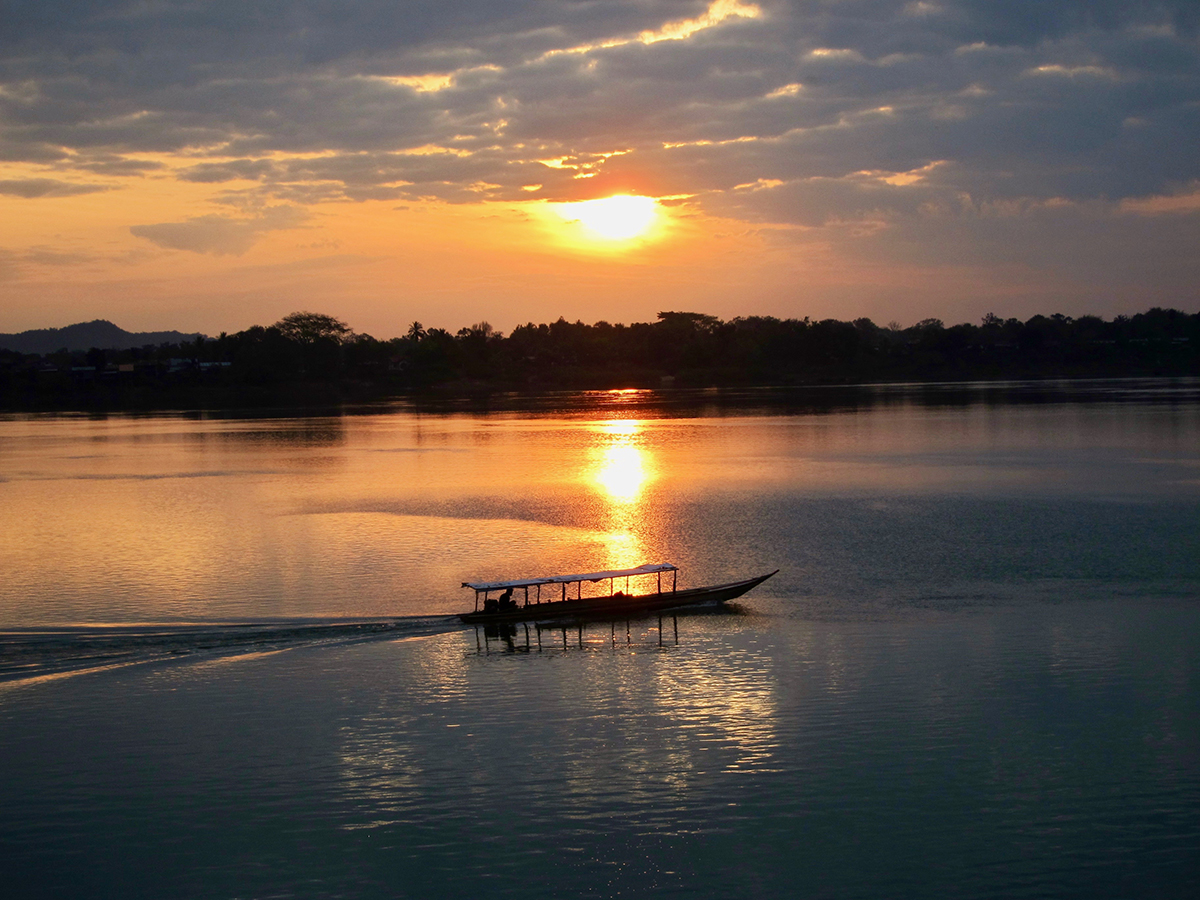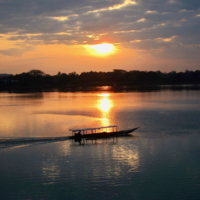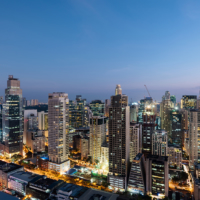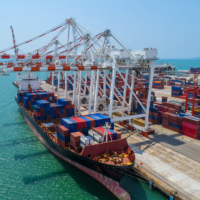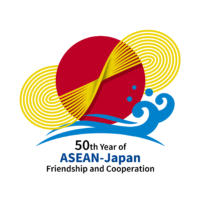Southeast Asia has experienced a dramatic change in the past half-century. Once regarded as a group of developing countries, the 10-member Association of Southeast Asian Nations has grown to become a driving force of global economic growth. And Japan, which recovered from the ashes of war to become one of the world’s leading economies, has played a pivotal role in assisting the development of this region.
This year, Japan and ASEAN mark their 50th anniversary of friendship and cooperation. Japan’s formal relationship with ASEAN began when the Japan-ASEAN forum on synthetic rubber was established in 1973 to address trade friction over inexpensive synthetic rubber, which Japan had begun to produce in large quantities, and natural rubber from countries in ASEAN.
However, experts agree that more drastic shifts in demographics, economics and geopolitics will come in the next 50 years, which may affect the region’s relationship with Japan.
For example, ASEAN’s gross domestic product reached $3.62 trillion in 2022, which is equivalent to about 86% of Japan’s GDP of $4.23 trillion and about 22% of the total GDP of the European Union, according to the World Bank.
A report by Goldman Sachs says that the booming population and economy of Indonesia will turn it into the world’s fourth-largest economy in 2075, while Japan’s position will likely drop to 12th in terms of GDP.
“In the world around 2073, Indonesia’s GDP alone will probably be twice as large as Japan’s, and ASEAN will have a GDP three or four times bigger than Japan’s. In a sense, it means our positions will be reversed,” Maya Horii, senior partner of McKinsey & Co., told a recent Japan International Cooperation Agency symposium commemorating the 50th anniversary of ASEAN-Japan friendship and cooperation. “Many Japanese may not imagine so, but I think such a significant change could well happen in the next 50 years.”
Improving ties
Commemorating the half-century of friendship, Japan is hosting a three-day summit in Tokyo through Dec. 18, and Prime Minister Fumio Kishida has already expressed hope to unveil a new vision for cooperation with ASEAN.
Their relationship, however, has not always been smooth.
In the early 1970s, a surge in cheap exports resulting from Japan’s economic dominance of the region triggered a backlash, with anti-Japanese riots breaking out in Jakarta and Bangkok during Prime Minister Kakuei Tanaka’s tour of the region in 1974.
But in 1977, Prime Minister Takeo Fukuda visited the Philippines and delivered a speech known as the Fukuda Doctrine, which later became a cornerstone of Japan’s foreign policy toward Southeast Asia. In his speech, Fukuda emphasized that Japan would never become a military power and would build a heart-to-heart relationship of mutual trust with ASEAN. He also stressed that Japan and ASEAN are equal partners.
Since then, Japan has contributed significantly to the development of the ASEAN region through foreign direct investment, official development assistance and other financial aid. Thanks to such efforts, Southeast Asian sentiment toward Japan today seems to be quite favorable.
According to the State of Southeast Asia 2023 Survey conducted by the ASEAN Studies Centre at the ISEAS-Yusof Ishak Institute, Japan remained the most trusted major power among Southeast Asians with an overall trust level of 54.5% when asked, “How confident are you that Japan will ‘do the right thing’ to contribute to global peace, security, prosperity, and governance?”
Among those who believe in Japan, 41% responded that Japan is a “responsible stakeholder that respects and champions international law.”
While the survey also found that China is regarded as the most influential economic and political power in the region, 61.1% of respondents chose the U.S. over China if forced to align with either of the two.
“Although ASEAN does not want Japan to completely replace China or the U.S., they would like to keep Japan as one of the choices to work with from the security perspectives as well as economic perspectives,” said Mie Oba, a professor of international relations at Kanagawa University.
Regional balance of power
Citing the emergence of China, the relative decline of U.S. hegemonic power and Japan’s smaller economic presence, Oba stressed that the region’s balance of power has changed, and Japan seriously needs to think about building an equal partnership with ASEAN.
“For ASEAN countries, there are many other partners. Not only Japan, but also China, Australia, New Zealand, India and the GCC (Gulf Cooperation Council) now,” Oba said, adding that ASEAN and the six Arab nations of the GCC held their first summit in Riyadh in October.
To win favor with ASEAN, Yose Rizal Damuri, executive director of the Center for Strategic and International Studies in Indonesia, said Japan should provide development assistance in areas such as digital transformation and green technologies.
The Tokyo summit between Japan and ASEAN is expected to cover wide-ranging issues, including challenges to a free and open international order based on the rule of law. Promotion of digitalization and support for innovation in enterprises, including start-ups as well as small and midsized companies, will also be on the agenda.
“If you rely on market mechanisms, it will remain financially unfeasible and costly. However, development assistance can help jump-start this transition to make it more financially feasible and more sustainable,” Damuri said at the JICA symposium. “It can also make the development more inclusive to reach out to a lot of people.”
In addition to economic ties, many ASEAN watchers point out the need for Japan to update its perception of Southeast Asia from the time when Japan was the top economic power in Southeast Asia. There are so many things Japan should learn from the region, from its entrepreneurship to rich human resources to its utilization of new technologies. Many see Japan as a slow adopter of change.
“Unless we change such old perceptions, the relationship between Japan and ASEAN will not be a stable one,” said Kanagawa University’s Oba, adding that Japan must promote exchanges across various sectors and layers in society, especially among younger generations to foster mutual understanding for the future.
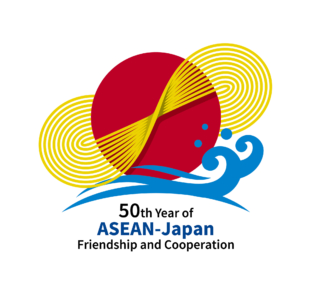

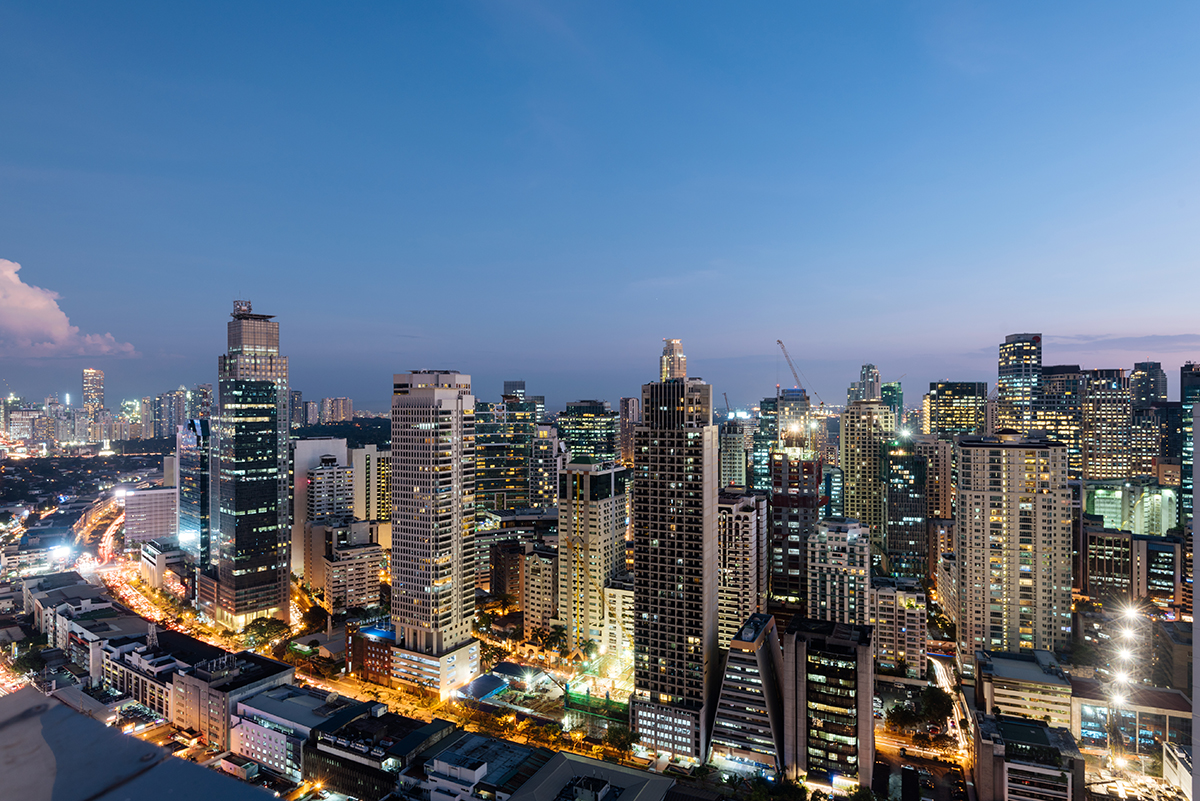
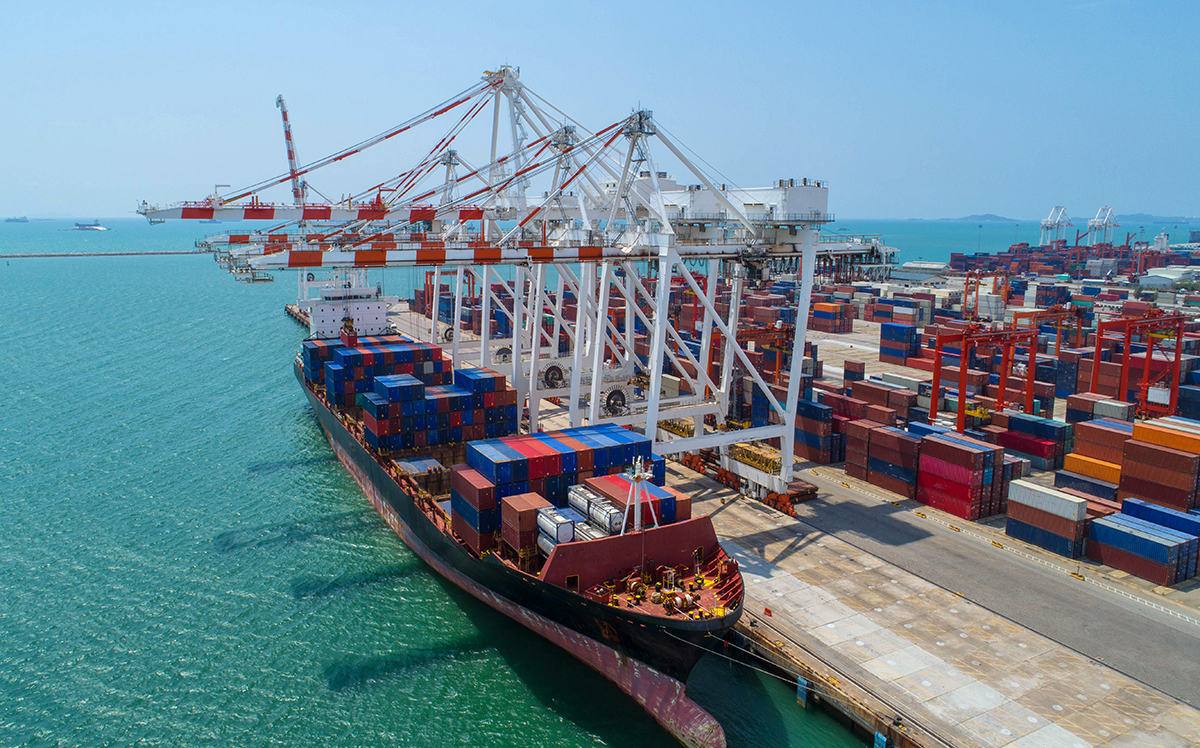
Download the PDFs of this ASEAN-Japan 50th anniversary Special



